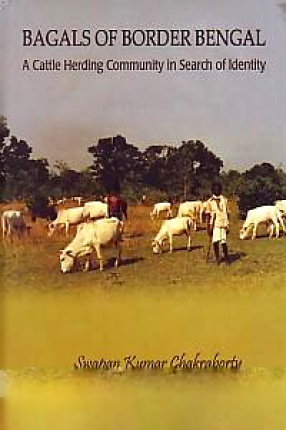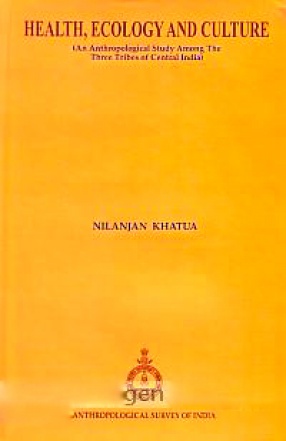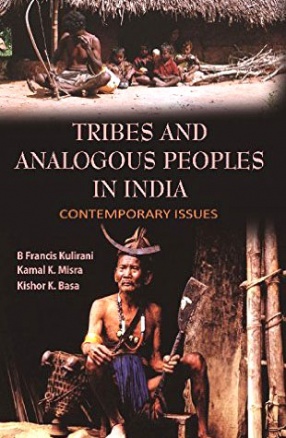
Anthropological Survey of India

139 books
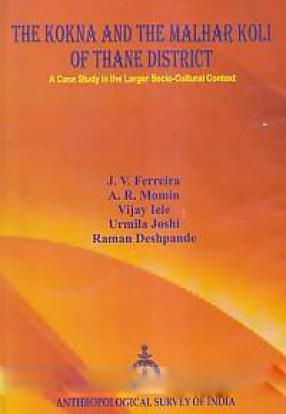
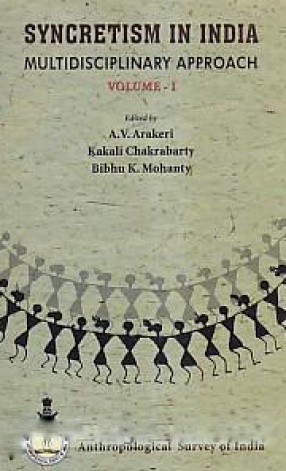
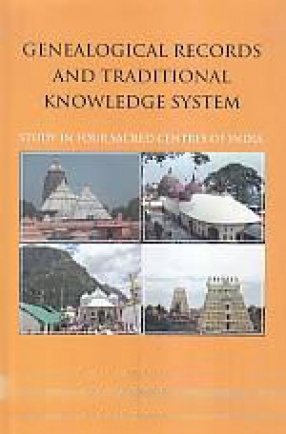
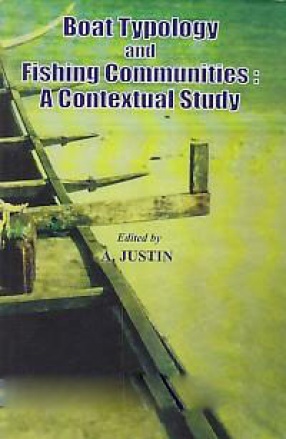
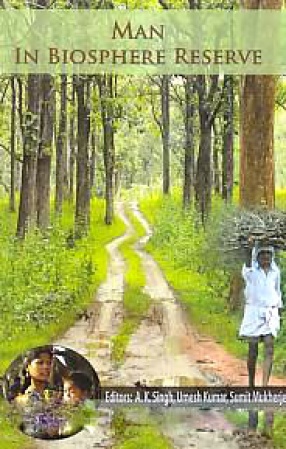
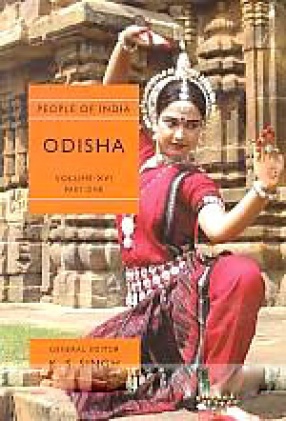
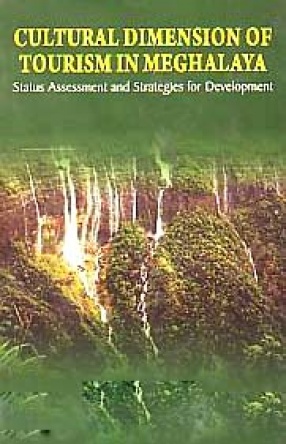
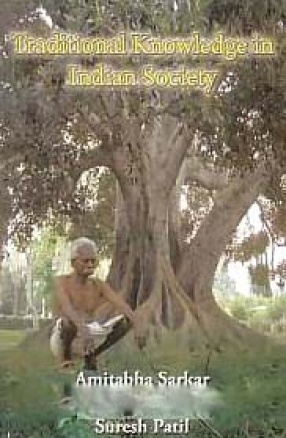
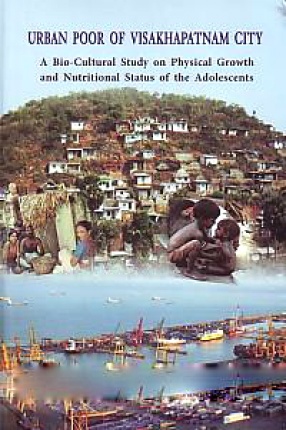

The concepts of Tribe and Tribal identity in Indian context are very complex and contested.The politics of inclusion in and exclusion from 'Scheduled Tribe ' list adds to the din at regional and national levels. The claims as well as preferences of tribes to the attributes of Adivas is in tum equated with ' indigenous people ' also are largely contested. In spite of the lack of national unanimity, the perception of the tribes of India as part' of the ...

This book makes an ethnographic study of two tribal communities of Thane district of Maharashtra—the Kokna and the Malhar Koli, with special focus on their socio-cultural milieu. Tracing the history of Thane district, it describes in detail the history, location and demography of the Kokna and the Malhar Koli.
Based on the field study of two villages—Durves and Khadkoli, it describes in detail the similarities and differences between the two tribes. ...


The study examines the record-keeping system in the temples of India which has been maintained over centuries and is continued as a living tradition. Discussing the origin of the system—traceable to the age-old jajmani relations in Hindu society, it discusses the system as embodied in the temple activities as a whole. Therefore, it delves into the socio-religious significance of the particular temple in relation to the pan-Indian scenario. Based on ...
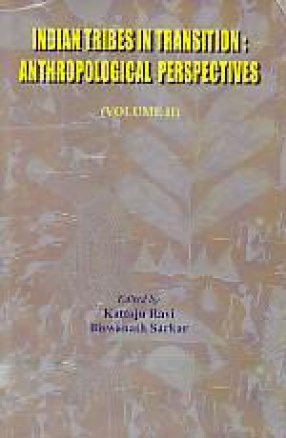
With maps and graphs, the volume presents the biocultural profiles of twelve tribal communities spread across some states of India. It covers the Andh, Katkari, Kokna of Maharashtra, Hill Pulaya, Kuruman and Kurichian of Kerala, Kolgha, Naika, Warli of Gujarat, Malasar of Tamil Nadu, Valmiki of Andhra Pradesh and the Sahariya of Rajasthan. It provides details on the geographical distribution of the tribes with reference to their population dynamics, the ...
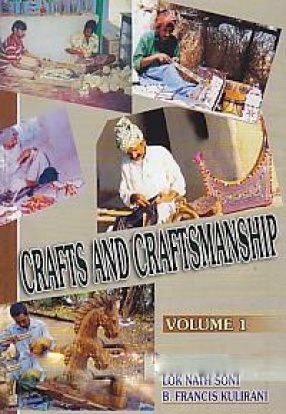
Focusing on a variety of crafts from different parts of India, the volume seeks to trace the linkages of craft activities with the structure of living societies, organization of production, marketing, and the utilization of natural resources. Also focusing on the traditional wisdom and skills involved in crafts, traditional value system and beliefs that are expressed through the crafts, the volume evolves an integrated perspective on the crafts and craftsmanship ...

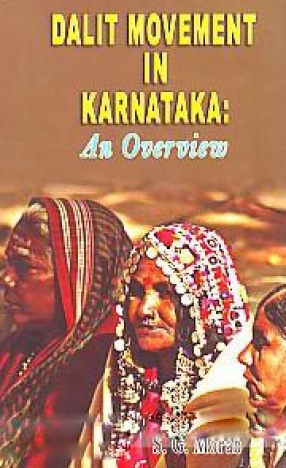
Substantiated by empirical studies, this book is a study of the problems that are faced by the Dalits from their own point of view. It views the factors responsible for formation of Dalit organisations and emergence of factions with particular reference to Karnataka. It examines the effectiveness of the Dalit movement and other aspects of Dalit movements and their organisation along with a historical perspective on the Dalit movement. It focuses on the Dalit ...
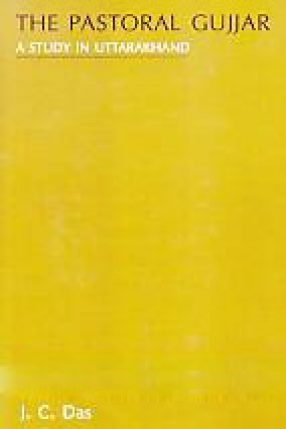
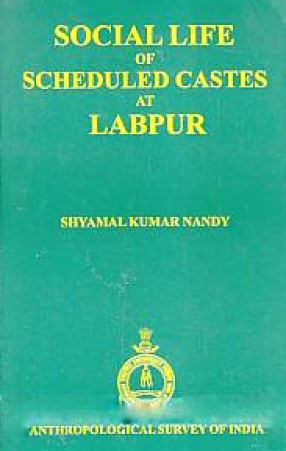
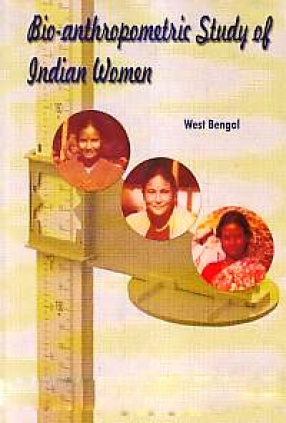
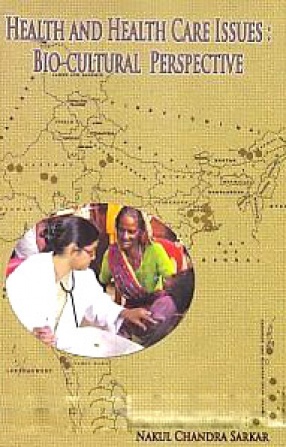
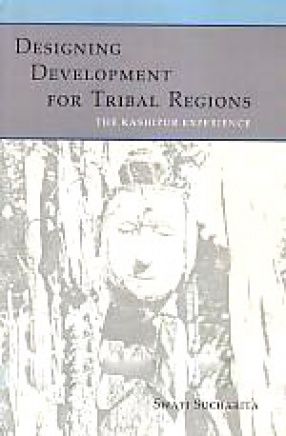


The Anthropological Survey of India began the People of Indian Project on October 2, 1985 to present an anthropological profile of the communities in India as well as examine the impact of developmental programmes on the communities and the links that bring them together. Odisha is broadly divided into four ecological-cultural regions where 279 communities live and these are studied in the People of India volume.
In Odisha, some 226 communities including the SCs ...

The work views the status of tourism in the North-east state of Meghalaya focusing on the potential of the Khasi, Garo and Jaintia hills to attract tourism. With a number of diagrams that present statistics on tourism growth in Meghalaya and other data relating to tourism development, it identifies problems associated with development of tourism in the state, focusing on potential areas of development. It showcases people’s perceptions and initiatives in ...
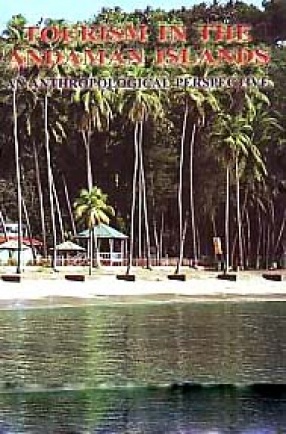
This is a detailed work on the Andaman and Nicobar Islands as a tourist haven. It provides a historical background to the islands, its religious facets, recreation and infrastructural facilities and transport and communication system available there, and role of the Andaman and Nicobar administration in the context of tourism. It identifies the places of tourist interest. Based on empirical studies, it studies the type of tourists who arrive, their motivation and ...
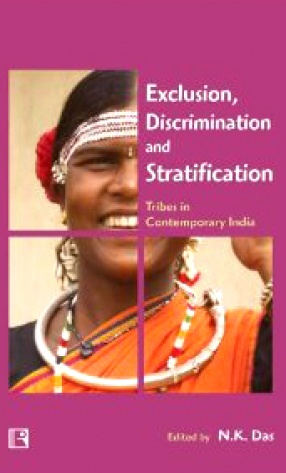
Discourses on social exclusion, discrimination, and inequality have emerged as defining characteristics of the social sciences in the 21st century. In India, tribes are subjected to various forms of exclusion and discrimination. Tribal groups that live in the midst of the stratified social class of castes encounter even more deeply embedded exclusion and deprivation. Based on extensive fieldwork, this book contains in-depth essays that elucidate these tribal ...
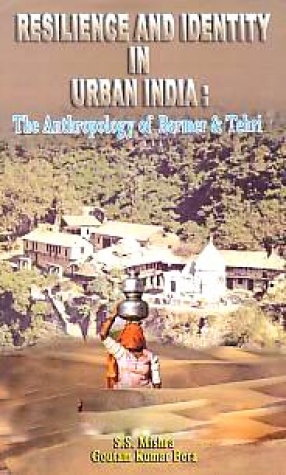
The work is based on fieldwork on two small urban centres namely Tehri of Uttaranchal and Barmer of Rajasthan under a research project Urban anthropology, initiated by the Anthropological Survey of India, during the period between 1998-2002. The study of Tehri town was undertaken just immediately before its submersion in to the Bhagirathi following the construction of huge dam implemented by Tehri Hydro-Electric Development Corporation, and release of water for ...

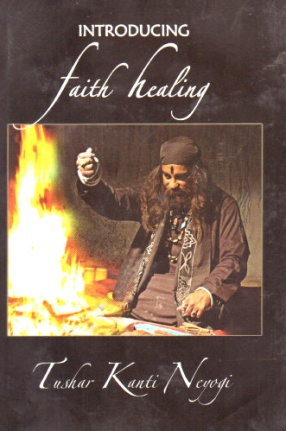
Introducing faith healing: a study in folk therapeutics is the outcome of a field investigation undertaken in the villages of deltaic districts of West Bengal. The author has tried to understand the inner construct of folkmind that has its own logic to observe the world of flora keenly in search of healing curative, to adhere to isomorphism, to evaluate the role of spirit deities who both cure and inflict curse and to appreciate the expertise of faith healers ...

